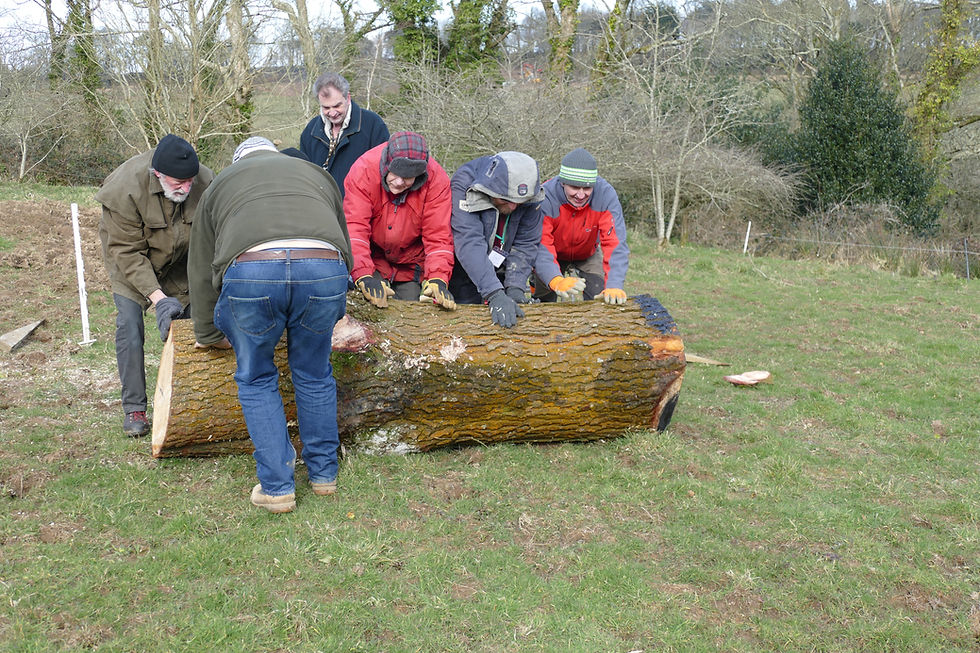Compassion and Connection
- Natural Beekeeping Trust
- Mar 13, 2014
- 2 min read
Updated: Feb 9, 2020
‘Compassion hurts. When you feel connected to everything, you also feel responsible for everything. And you cannot turn away.’
– Andrew Boyd

In considering the question of whether we have compassion for our bees, here is part of an exchange recently witnessed between two beekeepers:
‘You keep bees for love, I keep bees for money. I can’t see the difference’
‘You can’t see the difference between love and money?’ followed, in an even more incredulous tone, by: ‘You can’t see the difference between love and money?’
The first speaker is a commercial beekeeper. Everything he said betrayed the fact that, for him, bees are, in essence, objects to be dealt with at the convenience of the beekeeper. Because they are his livelihood, there is dependency between him and his bees and, in this sense, there is connection. Moreover, it was evident that there was even admiration, but true compassion was absent.
The second beekeeper, by contrast, feels for her bees not as objects at the service of humans but as bees being bees. She has compassion for them and hurts for them when they hurt. This hurt is not a secondary hurt that comes about due to the impact on her, for example through her finances. Rather, it is a direct hurt on behalf of the creatures she loves.
That’s what love does. It makes you hurt when that which you love is hurt. The feeling of hurt comes about not because of the impact of the hurt on you (there may, indeed, be no impact on you directly) but because of the impact of the hurt on other, as felt and understood by you. With such love comes a feeling of responsibility: how can I prevent this happening to that which I love?
Bees epitomize the essence of nature; they give and receive freely without counting the costs. We humans, by contrast, weigh the benefits against the costs. If the former tips the balance (measured in terms of money), then the latter is seen as acceptable; even if the cost is a deep hurt to the living being on which it is visited.
When we think like this we lose not only our sense of compassion but also our moral compass. At the deepest level of our being, a small, quiet, voice calls to our attention the true impact of our actions. But we dismiss it with an intellectual justification. In the case of bees this is often ‘they are only insects’. But these ‘insects’ are part of the web of nature, of ‘everything’. Do we assign to everything a dismissive ‘only’? Or should we allow that small voice within us to stimulate a sense of deep compassion for all of nature? Should we feel hurt when nature is hurt? Should we feel outrage at the continuing and, one might say increasing, hurt visited on her each day by those intent on seeing her as ‘only’ an object to be exploited?
Bees may be small, but they teach us compassion and help us connect that compassion to the wider natural world. When we learn true compassion we learn pain and, one hopes, responsibility.
Picture credit: Eric Tourneret.





Comments